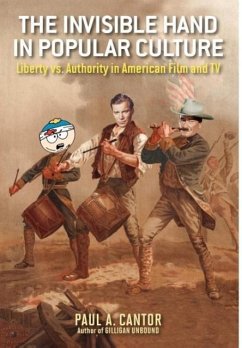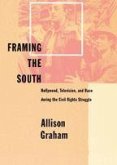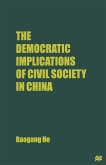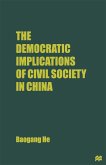Popular culture often champions freedom as the fundamentally American way of life and celebrates the virtues of independence and self-reliance. But film and television have also explored the tension between freedom and other core values, such as order and political stability. What may look like healthy, productive, and creative freedom from one point of view may look like chaos, anarchy, and a source of destructive conflict from another. Film and television continually pose the question: Can Americans deal with their problems on their own, or must they rely on political elites to manage their lives? In this groundbreaking work, Paul A. Cantor explores the ways in which television shows such as Star Trek, The X-Files, South Park, and Deadwood and films such as The Aviator and Mars Attacks! have portrayed both top-down and bottom-up models of order. Drawing on the works of John Locke, Adam Smith, Alexis de Tocqueville, and other proponents of freedom, Cantor contrasts the classical liberal vision of America-particularly its emphasis on the virtues of spontaneous order-with the Marxist understanding of the "culture industry" and the Hobbesian model of absolute state control. The Invisible Hand in Popular Culture concludes with a discussion of the impact of 9/11 on film and television, and the new anxieties emerging in contemporary alien-invasion narratives: the fear of a global technocracy that seeks to destroy the nuclear family, religious faith, local government, and other traditional bulwarks against the absolute state.
Hinweis: Dieser Artikel kann nur an eine deutsche Lieferadresse ausgeliefert werden.
Hinweis: Dieser Artikel kann nur an eine deutsche Lieferadresse ausgeliefert werden.








